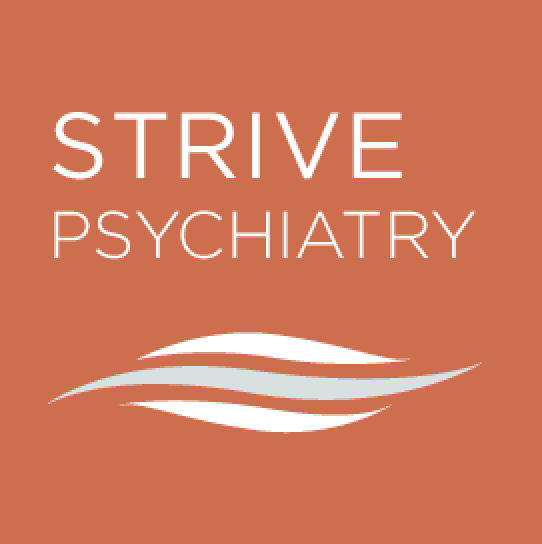While most standard treatments for Depression are enough to improve a patient’s quality of life, this is unfortunately not always the case. In some cases, traditional therapies do not provide any benefit to an individual suffering from depression. For worse cases, therapies involving antidepressants can even cause undesirable side effects that hinder their daily life. In this circumstance, the patient may have Treatment-Resistant Depression.
With this kind of depression, factors like genetics and lifestyle play a key role in creating a treatment plan. This means a psychiatrist can’t take a one-size-fits-all approach. Thankfully, there are options outside of the realm of medication for those seeking relief from their symptoms.
Proper diagnosis is key to resolving Treatment-Resistant Depression, so seeing a qualified mental health professional is very important.
